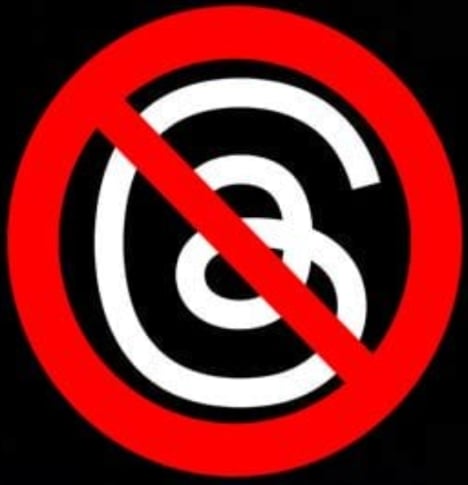Reminds me of that old TV trope of saying “over and out”. This is not how you end a radio transmission. “Over” means that you are finished talking and are now awaiting a reply, “out” means that you finished talking and are going to stop listening for a reply. Saying both together is contradictory, you only say “out” when you’re done.
Ah, so “out” is like an EOF!
… feels kinda like someone saying “period full stop”
it’s like they’re doing a mic drop >_>
Same with roger wilco. Roger means i understand the message. Wilco means i understand the message and will comply.
When I learned this in JROTC, it ruined me and I get so upset when I hear it in media now. Been like 30+ years and I’m still angry when I hear it.
“Come on over!”
“Come on WHAT? Over.”
Stop making a fool out of me.
Why don’t you come on over, Valerie?
“Copy” is essentially 200-OK
Or ACK
10-4.
126Saying “over” is the old radio protocol. The new radio protocol is starting by saying the number of characters in the message.
So is “uhhhhhhhh” on a pilot announcement STX?
That’s the keepalive message for when there’s a delay in the data query to prevent the passengers from closing their connections.
<comment>
Did you know that HTML has something similar.
</comment>
So you are saying that we should refer to the null as the over byte?
What’s your 20? Semi-colon.
I don’t think a semicolon is semantically correct in this case. It suggest you want to add something. That’s why it is used in programming. You are making statements.
Maybe we should use a
.after return statements to signal the end of our statement stream.You say “over” to signal that you are done talking and it’s the other’s turn. Much like how a semi-colon is used to indicate the end of a line in many programming languages.








